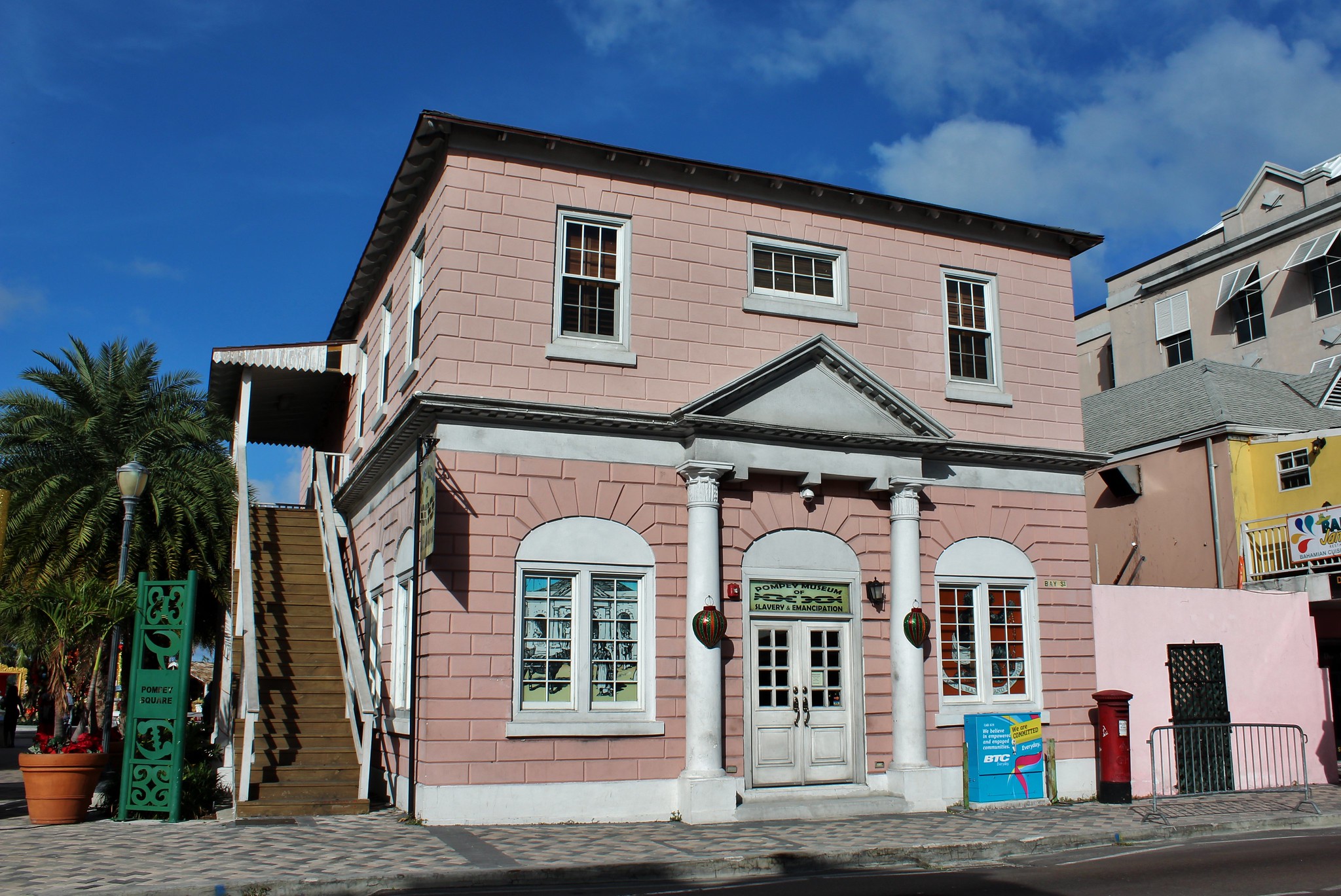The Pompey Museum of Slavery & Emancipation in Nassau, Bahamas, has long been a treasure trove of historical artifacts and stories that shed light on the dark history of slavery in the Caribbean. Recently, the museum has made headlines with a series of exciting new discoveries that promise to deepen our understanding of this complex and painful period.
One of the most intriguing finds is a collection of handwritten letters dating back to the early 19th century. These letters, discovered in a hidden compartment of an old writing desk, offer a rare glimpse into the lives of both enslaved individuals and their captors. The correspondence includes heart-wrenching accounts of families torn apart, as well as more mundane details of daily life on the plantations. Museum curators are still in the process of carefully preserving and translating these delicate documents, but early insights suggest they may provide valuable new perspectives on the social dynamics of the era.
But the letters aren’t the only exciting discovery at the Pompey Museum. A team of archaeologists working on the museum grounds has unearthed a cache of tools and personal items believed to have belonged to enslaved workers. Among the finds are crude farming implements, carefully crafted jewelry made from seeds and shells, and even a few musical instruments. These objects offer a tangible connection to the lives of those who endured unimaginable hardship, allowing visitors to the museum to better imagine the day-to-day experiences of enslaved individuals.
Perhaps the most visually striking of the recent discoveries is a large mural that was uncovered during renovation work on one of the museum’s older buildings. Hidden beneath layers of paint and plaster, the mural depicts scenes from both African and Caribbean life, blending traditional imagery with Christian symbolism. Art historians are particularly excited about this find, as it appears to be the work of a skilled artist who was likely enslaved. The mural provides a rare example of artistic expression from a period when such opportunities were severely limited for enslaved individuals.
As news of these discoveries has spread, the Pompey Museum has seen a surge in visitors eager to catch a glimpse of the newly uncovered artifacts. Museum director Dr. Eloise Whyte expressed her excitement about the increased interest, saying, “These finds allow us to tell a more complete story of slavery and emancipation in the Bahamas. They remind us that, even in the darkest of times, human creativity and resilience can shine through.”
The museum staff is working tirelessly to incorporate these new artifacts into their existing exhibits. Plans are underway for a special exhibition that will showcase the letters, tools, and mural alongside interactive displays that provide context and interpretation. Dr. Whyte hopes that this exhibition will not only educate visitors about the history of slavery but also inspire conversations about its lasting impact on modern society.
As the Pompey Museum continues to uncover new artifacts and stories, it remains committed to its mission of preserving and sharing the complex history of slavery and emancipation in the Bahamas. These recent discoveries serve as a powerful reminder of the importance of such institutions in helping us understand our past and shape our future. For those interested in history, culture, or simply in gaining a deeper understanding of the human experience, a visit to the Pompey Museum of Slavery & Emancipation promises to be both enlightening and deeply moving.
The Pompey Museum of Slavery & Emancipation serves as a vital institution for preserving and presenting the complex history of slavery and emancipation in the Bahamas. Through its exhibits, artifacts, and educational programs, the museum offers visitors a sobering and enlightening look at the impact of slavery on the region’s culture, economy, and society. By confronting this difficult past, the museum plays a crucial role in fostering understanding, promoting dialogue, and encouraging reflection on issues of human rights and social justice. As a testament to the resilience and strength of the Bahamian people, the Pompey Museum stands as an important reminder of the ongoing struggle for equality and freedom, while also honoring the memory of those who endured and resisted slavery.

